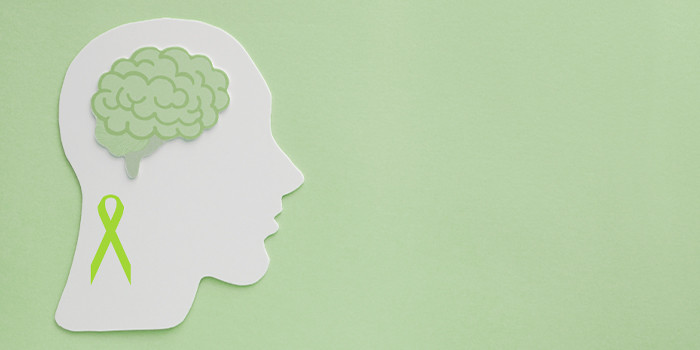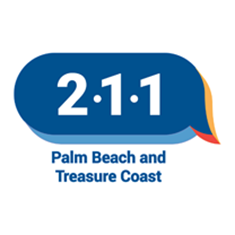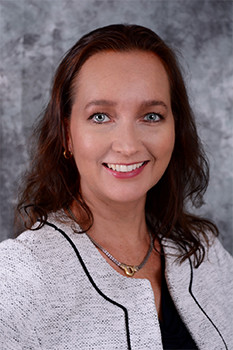Florida Coast Magazine
- 561-768-9793
- email us
- Jupiter, Florida, United States

PALM BEACH COUNTY, FL – May 3, 2022 – Grammy-winning country singer Naomi Judd openly shared her struggles with severe depression; and with her recent passing due to mental illness, sharing the message of mental health awareness and suicide prevention is that more crucial. In the first-quarter report for our region, 211 Palm Beach and Treasure Coast had 27,000 requests for help (300 per day). The number one need was Mental Health/Substance Use Disorders- with 130 requests per day. The second need was the housing crisis, driving some of 211's mental health crisis calls.

May is Mental Health Awareness Month, and 211 Palm Beach and Treasure Coast realize that everyone may sometimes experience similar feelings of distress. Should someone find themselves in mental health or suicidal crisis, highly trained, caring frontline responders at 211 are available any time of day or night.
Based on more recent research conducted in 2018, it is estimated that for each death from suicide, an average of 135 people knew the person (work in part supported by the Military Suicide Research Consortium). That translates to 6 million Americans every year directly impacted by the loss of a life to suicide.
“Whether a celebrity, star athlete, classmate, coworker, or family member…any loss to suicide is too many, and every loss impacts many,” states Sharon L’Herrou, President/CEO of 211 Palm Beach and Treasure Coast.
Although there is no single predictor of suicide, there are some common warning signs to watch for, including:

If you or someone you know is experiencing any of these feelings- reach out to 211. “We want our community to know that we are here for them during this challenging time- to provide information as well as comfort and support…we are here even if a person is feeling anxious and overwhelmed and just wants to talk,” L’Herrou adds.
Professional care and resilience building can help people gain the tools to navigate trauma and challenging times. Greater awareness surrounding the available mental health resources and removing barriers to care are essential components in creating stronger mental health in the community.
Dial 2-1-1 or text your zip code to TXT211 (898211) for more information. Calls to 211 are free, confidential, and available 24/7. If you or someone you know is experiencing a mental health crisis or thoughts of suicide, Dial 2-1-1, and a Mobile Crisis Response Team can be dispatched if requested. 211 is also the regional responder for the National Suicide Prevention Lifeline 1-800-273-TALK (8255) and the soon-to-launch 9-8-8 number.
Nonprofit 211 Helpline’s mission is to connect people to services 24 hours a day by understanding their individual emotional, financial and community needs and to support the health & human service system as a whole.
Jupiter, FL
InFlorida.com
Formerly Florida Coast Magazine